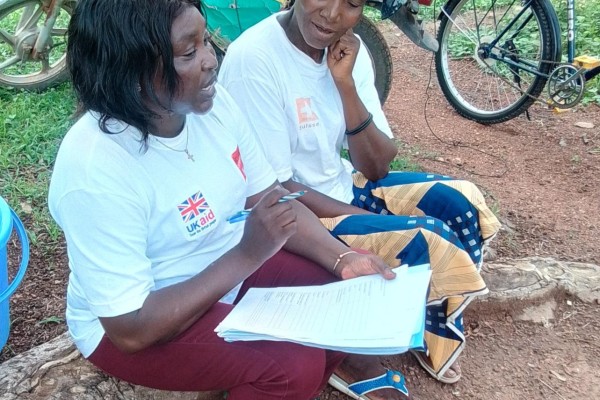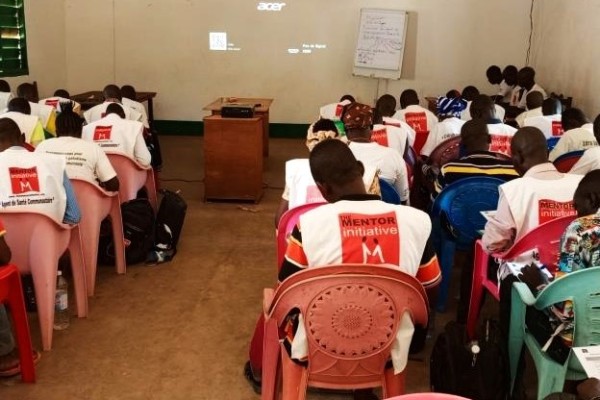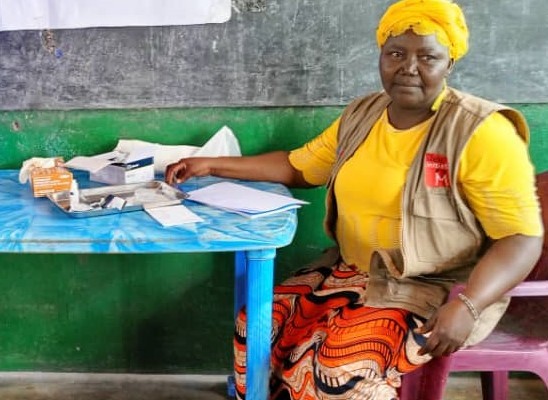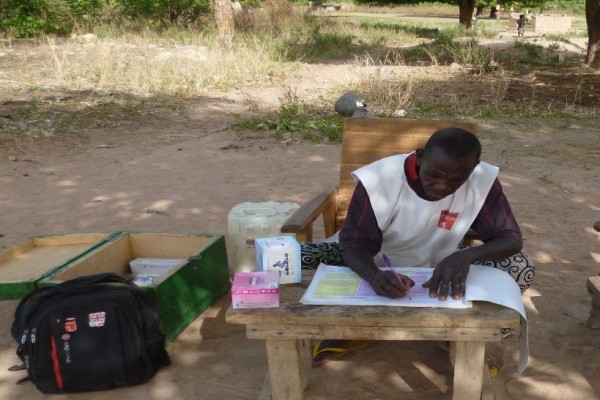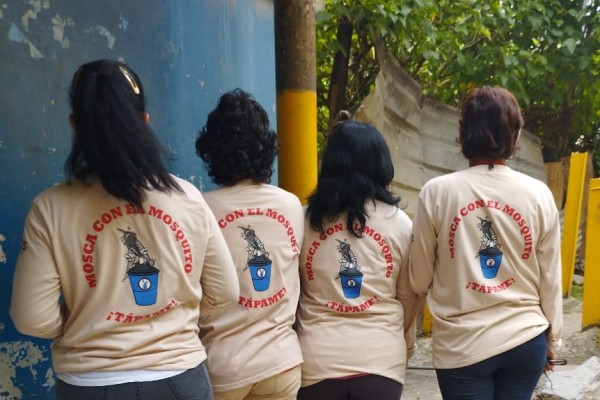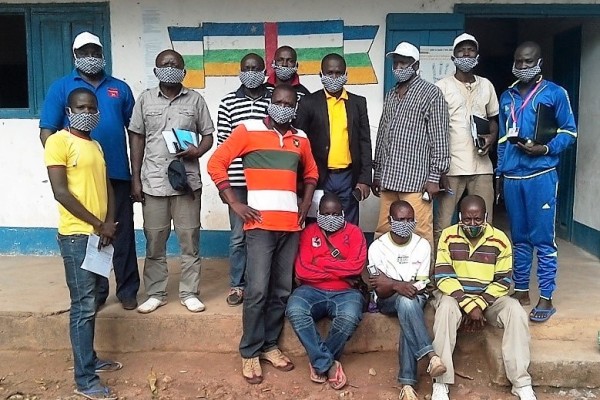Central African Republic (CAR) has one of the lowest life expectancies in the world and ranks as the second least developed country globally in UNDP’s Human Development Index.
The necessity for humanitarian assistance, especially healthcare services to meet basic needs, is evident. This is particularly so in rural areas where there is an absence of government structures, health facilities that lack supplies and a severe shortage of trained health staff.
The Central African Republic has a turbulent history, yet the last decade has seen an unparalleled crisis on political, security and humanitarian levels. The current situation is described as ‘extremely critical’ by OCHA. An estimated 3.1 million people are in need of humanitarian in the country, more than 648, 000 people are internally displaced, and a further 737, 000 refugees have fled the country (OCHA, Aug 2022).
The displaced are the hardest to reach and are particularly vulnerable to malaria, one of the primary causes of death in CAR.
Despite some optimism by members of the international community following the elections that the humanitarian situation would improve, this is contrary to observations and the experience of MENTOR and the humanitarian partners who continue to provide support in country. In a recent report, MSF states: “If CAR was one of our patients, we could say that it’s out of the emergency room, but still in need of intensive care. Discharging it now would have tragic consequences”.
Main activities
- Established a network of Community Health Workers to provide essential health care to remote and hard-to-reach, crisis affected populations. Provide often life-saving medication, ante natal care, malnutrition screening and treatment and referral to secondary care for the severely ill.
- Health, Water Sanitation and Hygiene (WASH) and nutrition activities support health facilities.
- Support a number of health facilities to improve referral services and ensure a continuous supply of medicines and medical supplies.
- Health education and hygiene campaigns promoting the prevention of common diseases and encourage people to seek early treatment.
Healthcare
MENTOR is implementing healthcare and WASH projects across the country in areas severely affected by past and current conflicts. It represents one of the most challenging emergency situations in which to work in Africa today.
MENTOR provides services to the population in the prefectures of Ouham, Ouham-Pendé, Basse-Kotto, Mambere-Kadei and Sangha-Mbaere, working closely with its international partners BHA (USAID/Bureau for Humanitarian Assistance), FCDO (UK Foreign, Commonwealth, and Development Office), UNICEF, and Common Humanitarian Fund. Each project is run in close conjunction with the Ministry of Health and other relevant partners operational in these prefectures.
– Community healthcare workers
MENTOR has built an innovative network of community healthcare workers which allows the provision of essential healthcare directly to even the most isolated communities – essential in these regions which lack the most basic infrastructure.
Since 2008, this network has allowed MENTOR to navigate the perpetual violence and insecurity, reaching areas that other NGOs struggle to access. Through daily consultation with communities, MENTOR is able to access risks and adjust how and where to deliver support. Community healthcare workers are recruited directly from displaced and host communities, ensuring that they are trusted, respected and welcomed into communities in a way that outsiders would not be. In cases of population displacement, the community health workers can move with their communities, allowing healthcare provision to continue.
Community healthcare workers are trained to provide a package of health services:
– health education, diagnosis and treatment of the most common diseases including malaria and diarrhoea; and
– screening for malnutrition, iron supplement and malaria prophylaxis for pregnant women.
Their ability to identify patients with other diseases (such as respiratory infections) and/or severe symptoms of malaria and diarrhoea enables them to be transferred (using local motorbike taxis) to health facilities which are better equipped to address more serious cases.
MENTOR’s community approach has been developed in close collaboration with the Ministry of Health and aligns with national health policy strategies in CAR.
MENTOR also provides support to a number of health posts to improve referral level health care by ensuring that the posts are supplied with appropriate medications and staffed sufficiently where state provision or support from other health partners is lacking.
Using this combination of approaches, 148,000 people have been treated for malaria in 2021 alone. Without the appropriate and timely treatment provided by MENTOR supported health care workers, these children would have been at high risk of death.
In parallel to the successful clinical results of the community-based approach, important extensive health education has been carried out to promote prevention against the most common diseases and to encourage early treatment seeking. Different approaches are applied through sensitisation activities carried out directly by the community health workers in their village, together with targeted training of influential people in the communities (including women’s groups and youth clubs) as well as large scale health promotion campaigns.
MENTOR also leads a consortium of three international NGOs (currently including International Medical Corps and Action Against Hunger) funded by the UK Foreign, Commonwealth, and Development Office to improve health care across four prefectures. In 2021, the consortium supported more than 223,000 people with healthcare, and improved access to WASH for more than 41,000 people. Find out more about the consortium here.
Looking ahead
MENTOR remains committed to delivering health and WASH services to the most vulnerable, and will continue to work with the Ministry of Health and partners to identify and coordinate activities with other NGOs to ensure that there is a comprehensive response to the needs of the people.
There will be a continued focus on efforts to build up the resilience of the area and the people through further training of local staff, strengthening local health structures and improving WASH infrastructure.
CAR remains in a state of chronic emergency. MENTOR will continue working to reduce the disease burden and build up the country’s health system capacity for as long as is necessary.

